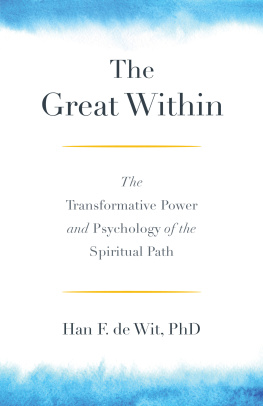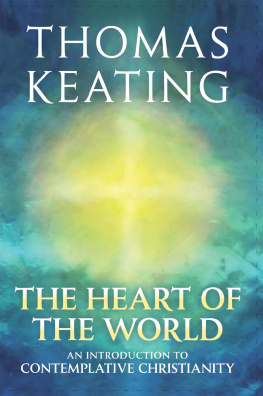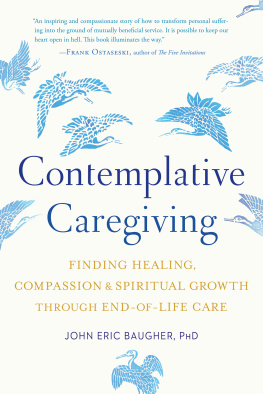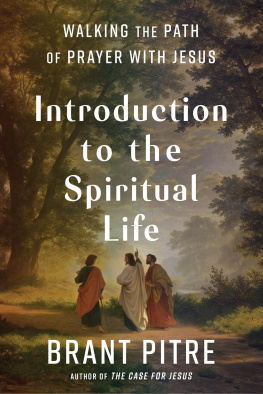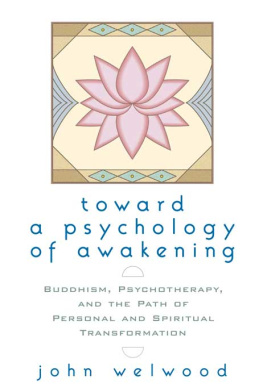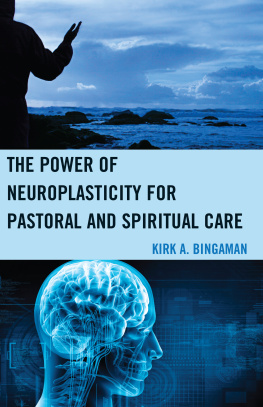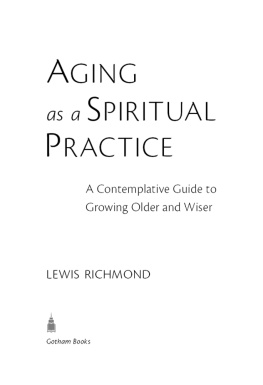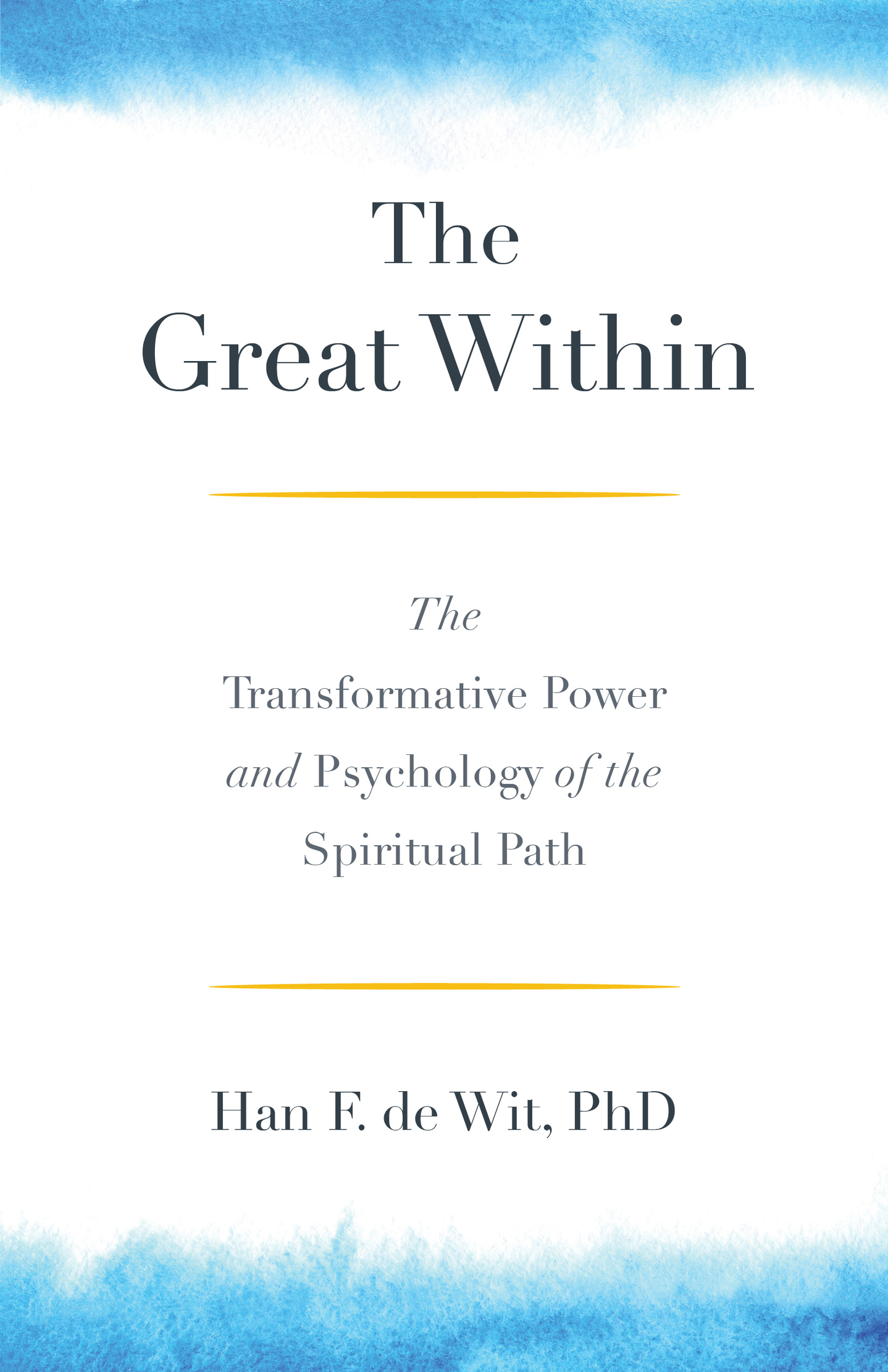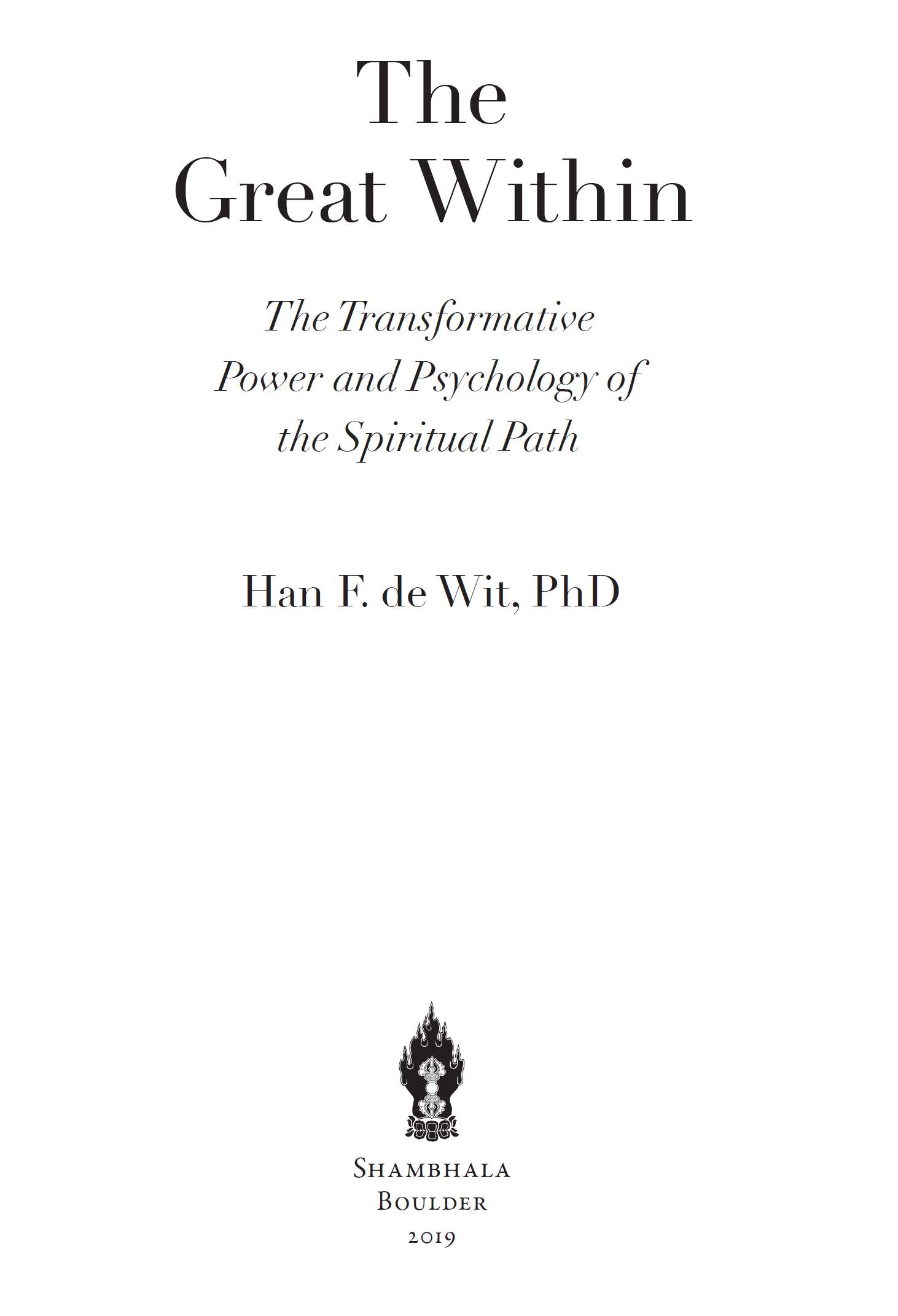Contents
Landmarks
Print Page List
Shambhala Publications, Inc.
4720 Walnut Street
Boulder, Colorado 80301
www.shambhala.com
1994, 2019 by Han F. de Wit
This work is a revised edition of The Spiritual Path: An Introduction to the Psychology of the Spiritual Traditions (Duquesne University Press, 1999), published originally in Dutch under the title De Verborgen Bloei by Kok Agora.
All rights reserved. No part of this book may be reproduced in any form or by any means, electronic or mechanical, including photocopying, recording, or by any information storage and retrieval system, without permission in writing from the publisher.
Ebook design adapted from printed book design by Howie Severson
Cover art by watercolor 15/Shutterstock
Design by Hazel Bercholz
Library of Congress Cataloging-in-Publication Data
Names: Wit, H. F. de, author.
Title: The great within: the transformative power and psychology of the spiritual path / Han F. de Wit.
Other titles: Verborgen bloei. English
Description: First edition. | Boulder: Shambhala, 2019. | [I]ts first version was published in 1999 by the Duquesne University of Pittsburgh and translated from Dutch by Henry JansenAuthors acknowledgments. | Includes bibliographical references and index.
Identifiers: LCCN 2018034137 | ISBN 9781611806816 (pbk.: alk. paper)
eISBN9780834842076
Subjects: LCSH: Psychology, Religious. | Wit, H. F. de. Contemplatieve psychologie. | Contemplation.
Classification: LCC BL53 .W57713 2019 | DDC 200.1/9dc23
LC record available at https://lccn.loc.gov/2018034137
v5.4
a
Contents
Preface
Many years ago, my spiritual mentor told me, Practice more, study more, and then go back to psychology. He said this after I had expressed my doubts about Western psychology as a means to explore, understand, and cultivate the human mind. Even though I had just received my PhD in psychology at the University of Amsterdam, I doubted the disciplines value.
When I first decided to study psychology, I set myself two goals: to learn what had been discovered about the human mind so far and to become a good scientific researcher of that mind. It did not take long, however, to discover something slightly disturbing about academic psychology; it appeared that studies at the time were not so much about the psyche, as the name suggested, but about physical and verbal behavior. It was the time of behavioral psychology, which neither offered nor intended to offer a theory of mind in which the interplay between thoughts, emotions, perceptions, motivations, consciousness, and mental phenomena could be understood. Of course, outside of psychology as a science, the most interesting theories of mind were based on philosophical or conventional assumptions and even religious dogmas. However, these were not based on research or empirical testing. Why was that? Because systematic, direct observation of the mental domain was held to be impossible; one cannot research or investigate ones own mind because the research subject and the researcher have to be independent of each other. In empirical research, this is supposed to guarantee that the results are not spurious. So, it seemed that it was better to leave the black box of the mind alone.
Now, decades later, many sophisticated forms of research into the workings of human beings have been developed, with methods and technologies that look at the highly interesting relationship between the brain and experience. These include neuropsychological research that make the effects of meditation and mindfulness on the human brain visible. Of course, I use the word brain here purposefully, as neuropsychology tends toward the materialistic view that all human experience depends on neural brain activity; no nonmaterial mind or consciousness is believed to be operating. Like all other psychological study, this research is still done by psychologists on the minds of others (third-person research). This involves knowing something indirectly rather than directly, which would entail researchers looking at their own minds. It seems the assumption that reliable observation of ones own mind is impossible still endures. This might explain why the black box called mind remains ignored by researchers, even to the extent of denying the existence of mind by simply equating it with the brain.
Even though that is the way empirical research has always been conducted, as a young psychologist, I wondered if it had to be the case. How would Wilhelm Wundtthe famous nineteenth-century German physiologist and psychologist who is generally acknowledged as the founder of experimental psychologyfeel about this? According to Wundt, all our ongoing everyday experience is only available as sensory mediated perceptions and perceived mental contents, like thoughts and emotions. These are directly available to their perceivers only through introspection. His view greatly encouraged me. Wundt, however, was unable to develop a systematic and reliable method of introspection. Could something in that direction be found outside of academic psychology? How about in the spiritual traditions? Didnt most religions and spiritual traditions talk about getting to know ones mind? Didnt they discuss confusion and wisdom, thought and emotion, perception and self-deception, mental suffering and well-being, care and compassion, self-centeredness and altruism, and much more? In short, topics that we would nowadays call psychological?
But could a serious research psychologist really look into this direction without losing scientific credibility and status, or being seen as soft in the head or going off the deep end? Fortunately, Frits Staal, a highly respected researcher at the University of California, wrote a little pamphlet about just this dilemma. He said that mysticism can be studied rationally, and that without such study, no theory of mind is complete. I found that very encouraging as a young researcher, for that was exactly the type of study I wanted to undertake. I contacted him, and at Fritss invitation, I moved to the United States as a visiting scholar at his university in 1975. Frits graciously received me at the San Francisco airport and drove me around in his scarlet convertible. Still jet-lagged but highly inspired, I asked him how he conducted a rational study of mind. He glanced at me and smiled. Then, looking out over the beautiful San Francisco Bay, he said, Id rather go surfing.
My Encounter with Buddhism
I had discovered Buddhism before coming to the United States. Two things struck me about that tradition. First, it claimed to contain an empirical method for exploring the human mind called shamatha-vipashyana. This struck me as the kind of controlled introspection that Wilhelm Wundt had advocated. Second, as Buddhism is not a theistic religion, it did not involve speculations about God, but it did have concrete theories about the human mind based on a systematic form of introspective research. This is why I decided to make Buddhism the object of my field study of a spiritual tradition.
In 1973, I had already made written contact with the Tibetan Buddhist meditation master Chgyam Trungpa, and I decided to study under his guidance. In 1975, I moved from San Francisco to Karm Chling, his Buddhist practice center in the Vermont countryside. He encouraged me to explore my own mind and experience thoroughly by means of the Buddhist practice of meditation. Then, based on my acquired insights, he advised me to revisit and restart a dialogue with Western psychology. He was the one who told me to meditate and study more before going back to psychology.

